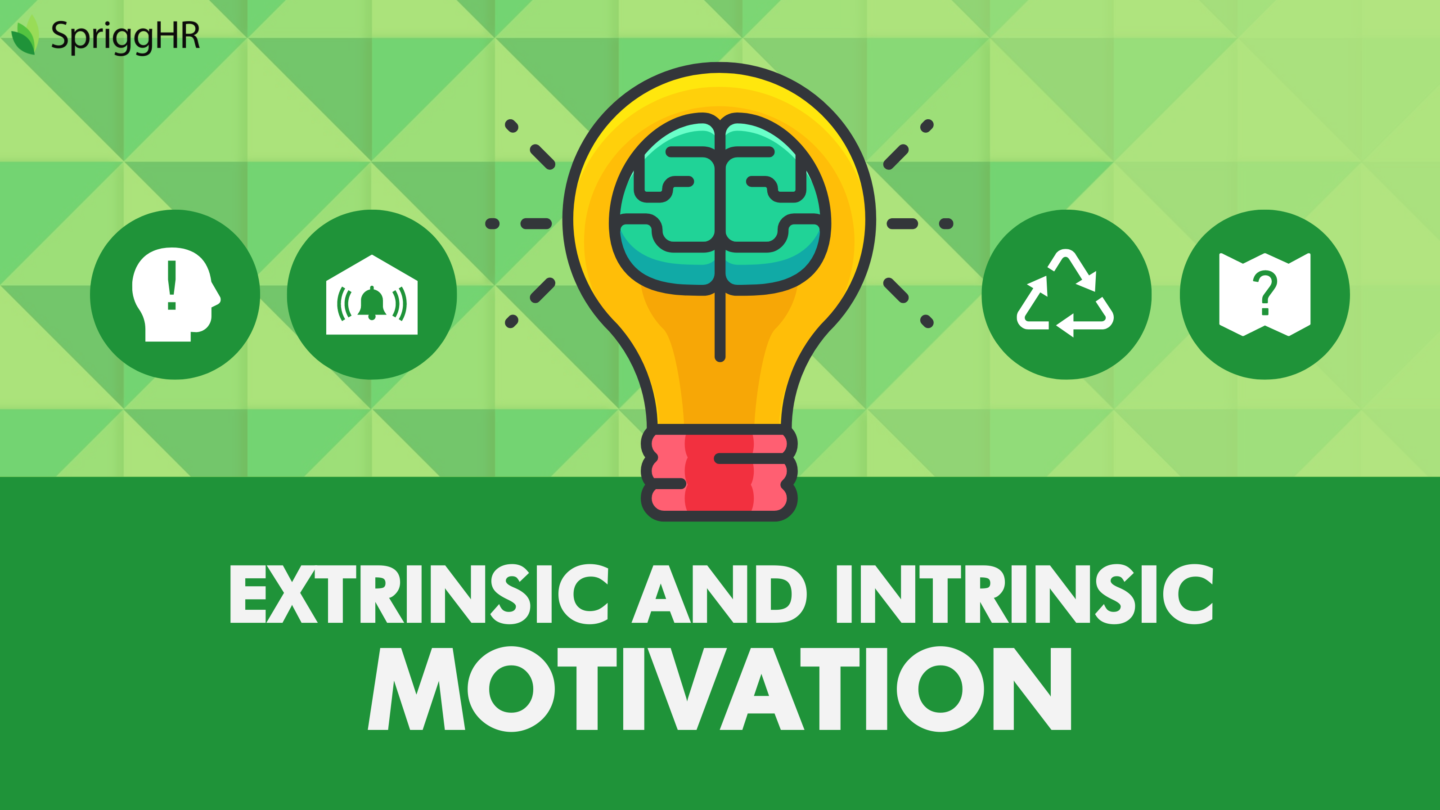

Social and emotional incentives like praise and attention are also extrinsic motivators since they are bestowed on the individual by another person.Įxtrinsic rewards are often used to impact someone who shows little interest in a potentially useful activity. Rewards-such as a job promotion, money, a sticker, or candy-are good examples of extrinsic motivators. The extrinsic motivator is outside of, and acts on, the individual. Theorists define extrinsic motivation as “engaging in an activity to obtain an outcome that is separable from the activity itself” (deCharms, 1968 Lepper & Greene, 1978). For example, if you are in college because you enjoy learning new things and expanding your knowledge, you are intrinsically motivated to be there.Įxtrinsically motivated behaviors, on the other hand, are performed in order to receive something from others or avoid certain negative outcomes. Intrinsic motivation thus represents engagement in an activity for its own sake. According to Deci (1971), these behaviors are defined as ones for which the reward is the satisfaction of performing the activity itself. Intrinsically motivated behaviors are performed because of the sense of personal satisfaction that they bring.

Incentive theory argues that people are primarily extrinsically motivated-meaning that most motivations stem from extrinsic sources. One definition of a motivator explains it as a force “acting either on or within a person to initiate behavior.” In addition to biological motives, motivations can be either intrinsic (arising from internal factors) or extrinsic (arising from external factors). In general, motivators provide some sort of incentive for completing a task. Motivation refers to a desire, need, or drive that contributes to and explains behavioral changes.

incentiveSomething that motivates, rouses, or encourages an anticipated reward or aversive event from the environment.The efficacy of extrinsic motivators varies depending on factors such as self-esteem, locus of control, self-efficacy, and neuroticism.Studies have shown that intrinsic motivation will decrease over time if extrinsic incentives are introduced for behaviors that an individual already found motivating.Extrinsically motivated behaviors are performed in order to receive something from others-such as a promotion, praise, candy, money, or attention.Intrinsically motivated behaviors are performed because of the sense of personal satisfaction that they bring.Incentive theory argues that behavior is primarily extrinsically motivated: people are more motivated to perform activities if they receive a reward afterward, rather than simply because they enjoy the activities themselves.Motivations are commonly separated into two different types based on the nature of the motivator: intrinsic (arising from internal factors) or extrinsic (arising from external factors).


 0 kommentar(er)
0 kommentar(er)
